UAE Delegation at 2nd GCC-ASEAN Summit in Kuala Lumpur
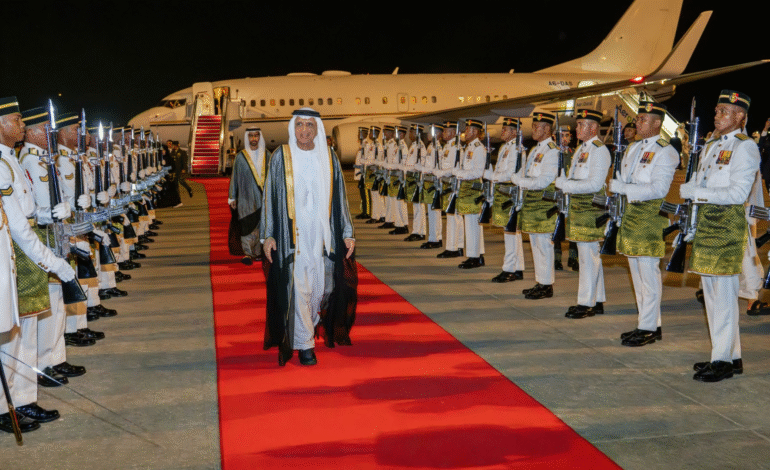
His Highness Sheikh Saud Bin Saqr Al Qasimi, Supreme Council Member and Ruler of Ras Al Khaimah, arrived in Kuala Lumpur, Malaysia, to lead the UAE delegation at the 2nd Gulf Cooperation Council (GCC)-Association of Southeast Asian Nations (ASEAN) Summit and the ASEAN-GCC-China Summit. Held under the guiding theme of “Inclusivity and Sustainability,” these key diplomatic events foster deeper cooperation across economic, political, and sustainable development domains.
Malaysia, serving as the chair of ASEAN for 2025, plays a vital role in hosting this important gathering. The summits bring together senior leaders, government officials, and business representatives to discuss opportunities for enhanced collaboration between the GCC, ASEAN, and China, highlighting a commitment to inclusive growth and environmental responsibility.
Malaysia’s Strategic Role as ASEAN 2025 Chair
Malaysia’s leadership as ASEAN Chair in 2025 underlines its strategic importance in uniting Southeast Asian nations around shared goals of inclusivity and sustainability. Hosting the GCC-ASEAN and ASEAN-GCC-China Summits in Kuala Lumpur further strengthens Malaysia’s reputation as a regional diplomatic hub.
The country’s dedication to fostering economic integration and sustainable development provides an ideal platform for dialogue between the Gulf Cooperation Council and ASEAN, two dynamic regions with complementary strengths. Malaysia’s vision for ASEAN 2025 aligns closely with the objectives of these summits, reinforcing economic resilience and sustainable partnerships.
Warm Welcome for Sheikh Saud Bin Saqr Al Qasimi
Upon arrival in Kuala Lumpur, Sheikh Saud received a warm welcome from Malaysian Defence Minister Mohamed Khaled Nordin and senior officials, reflecting the strong bilateral ties between the UAE and Malaysia. This diplomatic reception set the tone for productive engagements during the summits.
The UAE delegation accompanying Sheikh Saud includes prominent figures such as Sheikh Khalid Bin Saud bin Saqr Al Qasimi, Vice Chairman of Ras Al Khaimah’s Investment and Development Office; Dr. Thani Bin Ahmed Al Zeyoudi, Minister of State for Foreign Trade; Ahmed Al Sayegh and Khalifa Shaheen Al Marar, Ministers of State; Khalil Mohammed Sharif Foulathi, Board Member of Abu Dhabi Investment Authority (ADIA); Dr. Mubarak Saeed Al Dhaheri, UAE Ambassador to Malaysia; and Abdullah Salem Al Dhaheri, UAE Ambassador to Indonesia and ASEAN. This diverse delegation reflects the UAE’s holistic approach to advancing diplomatic and economic cooperation.
Enhancing GCC-ASEAN Cooperation: A Strategic Priority
The 2nd GCC-ASEAN Summit marks a pivotal chapter in the partnership between the Gulf Cooperation Council and the Association of Southeast Asian Nations. These regions, home to rapidly growing economies and strategic geopolitical positions, aim to foster stronger ties through enhanced trade, investment, and political dialogue.
Participants will explore key areas such as economic diversification, technology exchange, infrastructure development, and sustainable investment. The summit is expected to facilitate the harmonization of policies, helping to unlock new markets and foster innovation across GCC and ASEAN nations.
By working collaboratively, the GCC and ASEAN countries seek to leverage their respective strengths—GCC’s energy resources and financial expertise, and ASEAN’s dynamic consumer markets and manufacturing capabilities—to drive sustainable development and regional prosperity.
ASEAN-GCC-China Summit: Expanding Multilateral Cooperation
Alongside the GCC-ASEAN Summit, the ASEAN-GCC-China Summit adds an important multilateral dimension by including China, one of the world’s leading economies. This trilateral dialogue offers new opportunities for collaboration in trade, infrastructure, technology, and sustainable development.
China’s involvement strengthens the economic and strategic framework of the summit, facilitating large-scale investments and joint ventures in areas like renewable energy, smart cities, and digital economies. The summit seeks to build stronger trade links and foster inclusive development that benefits all participating nations.
This trilateral cooperation emphasizes the interconnectedness of Asia and the Gulf, setting the stage for broader regional integration and shared prosperity.
Focus on Inclusivity and Sustainability
The theme of “Inclusivity and Sustainability” forms the backbone of both summits, reflecting a global commitment to equitable growth and environmental stewardship. This approach encourages policies that ensure economic benefits reach all layers of society, while prioritizing sustainable use of resources.
Delegates at the summits are expected to discuss strategies that promote green energy, reduce carbon footprints, and enhance social inclusion. Such initiatives align with the United Nations Sustainable Development Goals and underline the importance of balancing economic progress with ecological preservation.
This shared vision supports long-term resilience and prosperity across GCC and ASEAN nations, addressing both economic challenges and climate change.
Building on the Riyadh Summit’s Success
The Kuala Lumpur summit follows the inaugural GCC-ASEAN Summit held in Riyadh, Saudi Arabia, in 2023, which set a precedent for ongoing dialogue and cooperation. The Riyadh meeting resulted in agreements aimed at enhancing trade, investment, and cultural exchange, setting a strong foundation for future collaboration.
The decision to hold the GCC-ASEAN Summit biennially reflects the commitment of member states to sustaining momentum and expanding partnerships. Kuala Lumpur’s hosting of the second summit provides an opportunity to deepen ties and explore emerging areas such as digital transformation, climate change, and regional security.
UAE’s Strategic Priorities at the Summit
Sheikh Saud Bin Saqr Al Qasimi and the UAE delegation are expected to focus on several strategic priorities during the summit, including trade facilitation, investment opportunities, infrastructure projects, and energy cooperation. The UAE’s role as a global business hub positions it to advocate for policies that enhance cross-border trade and investment flows.
The delegation will also emphasize sustainable development initiatives, such as renewable energy projects and smart city technologies, highlighting the UAE’s commitment to a diversified and sustainable economy. Furthermore, cultural and educational cooperation will be key components of the UAE’s agenda, strengthening people-to-people ties between GCC and ASEAN countries.
Diplomatic Efforts to Strengthen GCC-ASEAN Relations
UAE ambassadors to Malaysia and ASEAN, Dr. Mubarak Saeed Al Dhaheri and Abdullah Salem Al Dhaheri, play critical roles in fostering ongoing diplomatic relations and facilitating dialogue. Their engagement ensures smooth coordination of joint projects and swift resolution of challenges.
These diplomatic efforts contribute to a robust partnership framework, enabling GCC and ASEAN members to address shared challenges and pursue collective opportunities effectively. The ambassadors’ presence underscores the UAE’s commitment to deepening ties and promoting regional integration.
Looking Ahead: The Future of GCC-ASEAN Partnership
The biennial GCC-ASEAN summits are designed to provide consistent opportunities for dialogue and cooperation, ensuring steady progress in building interregional partnerships. The Kuala Lumpur summit is expected to result in the establishment of working groups and memoranda of understanding to drive collaboration forward.
Future initiatives may focus on sectors such as energy transition, tourism, education, infrastructure, cybersecurity, and regional security cooperation. These efforts aim to generate economic growth, foster stability, and deepen cultural understanding across the GCC and ASEAN regions.
The partnership forged through these summits signals a promising future of mutual growth, innovation, and sustainable development.

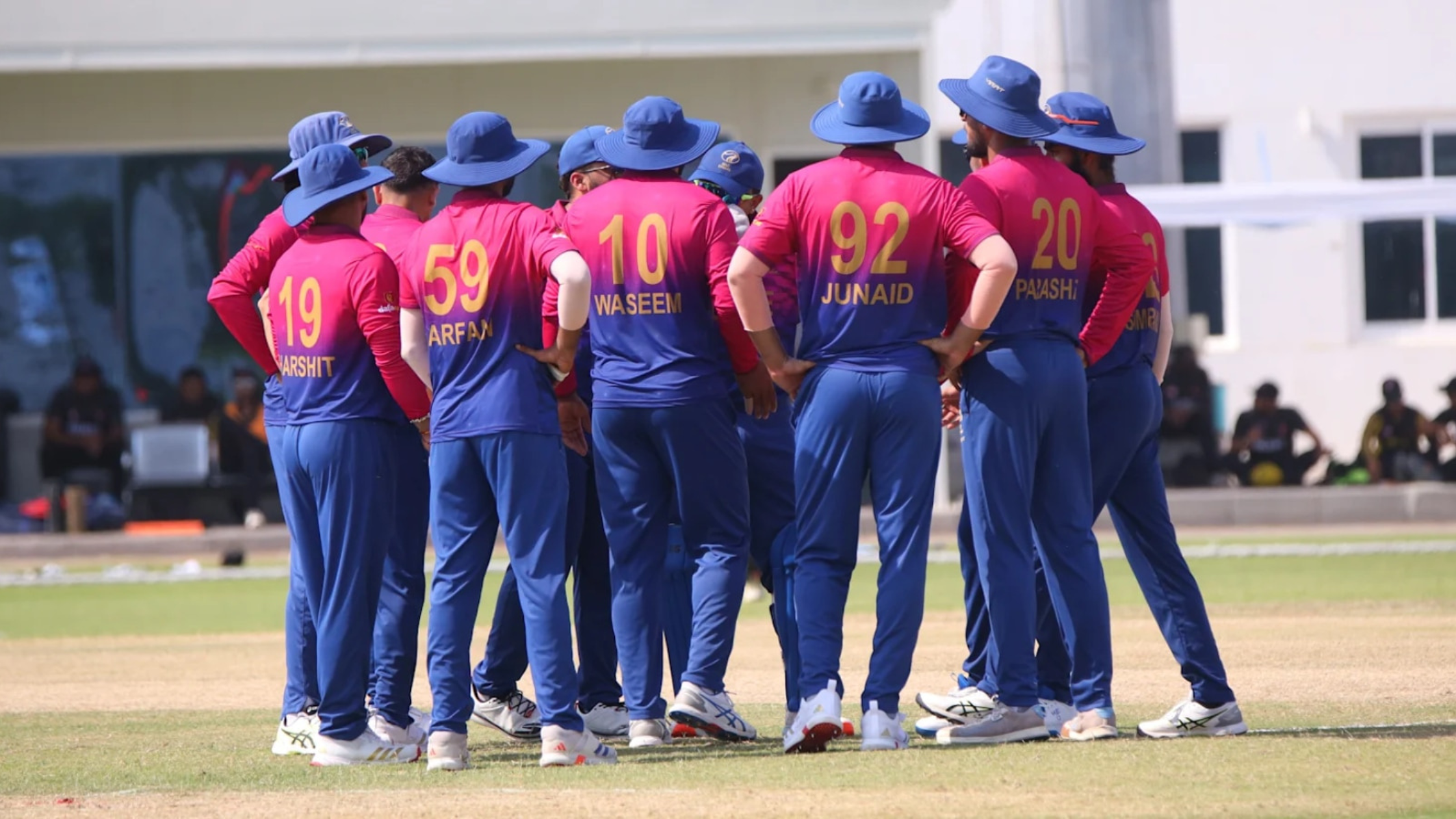
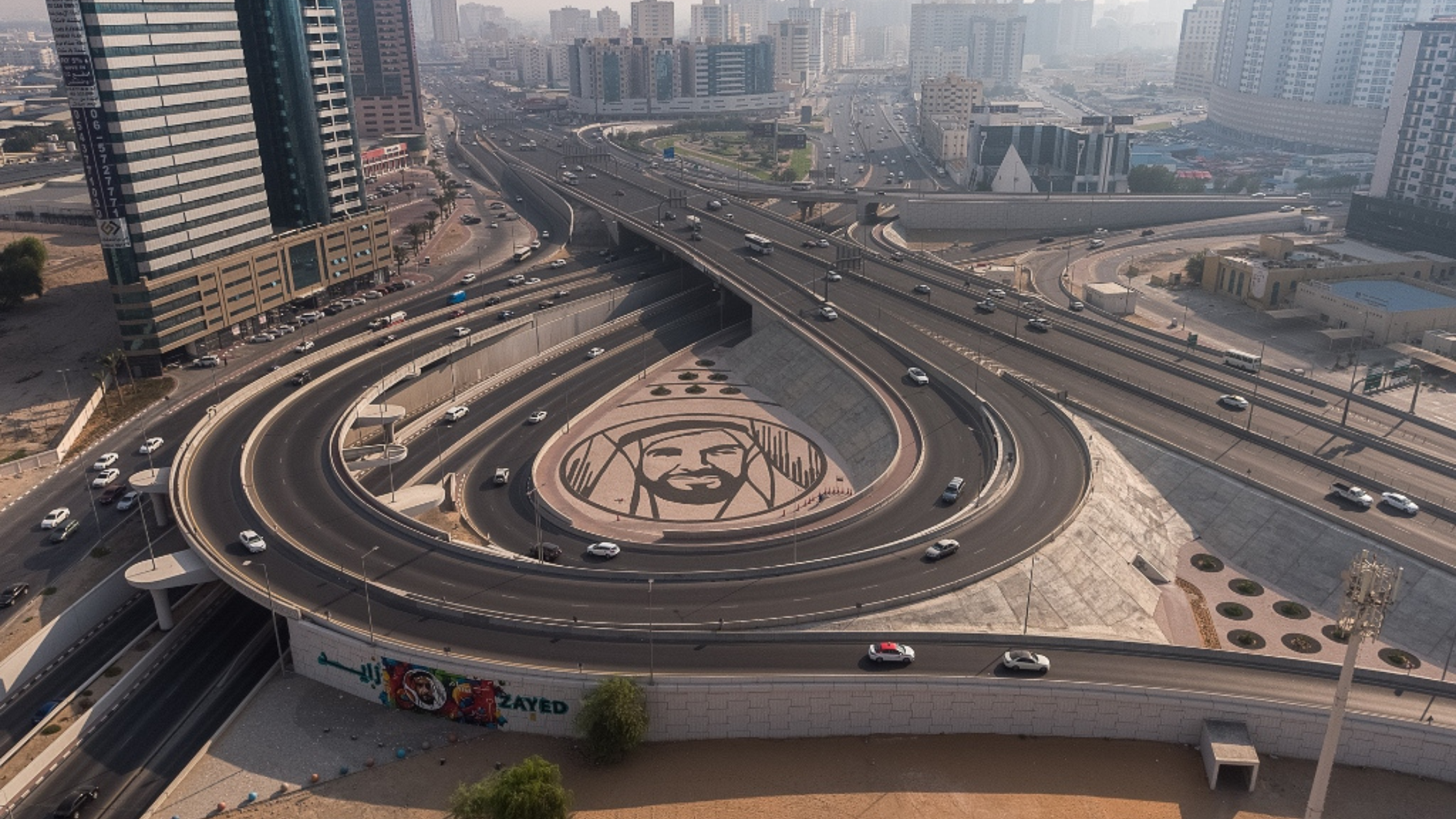
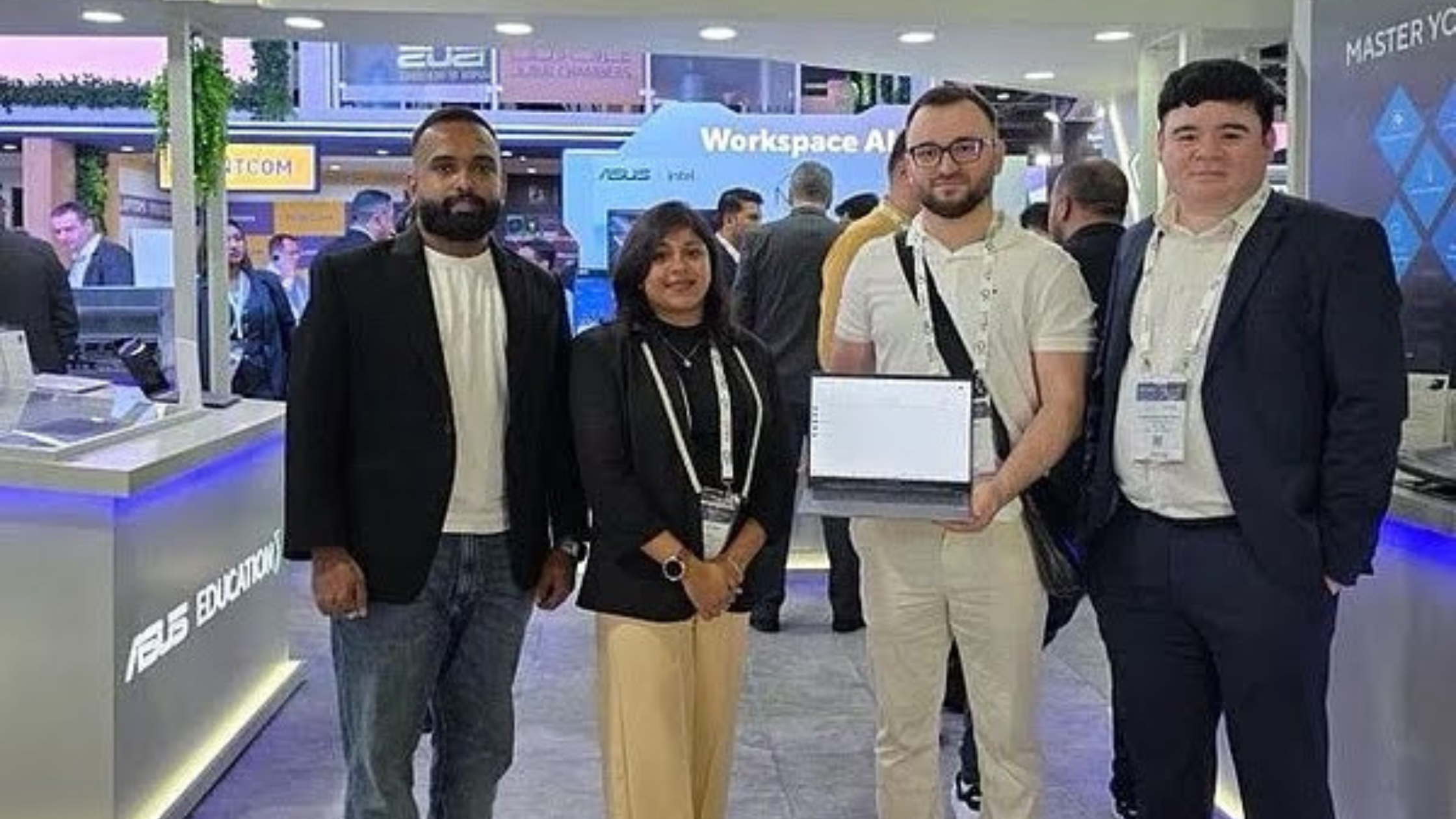
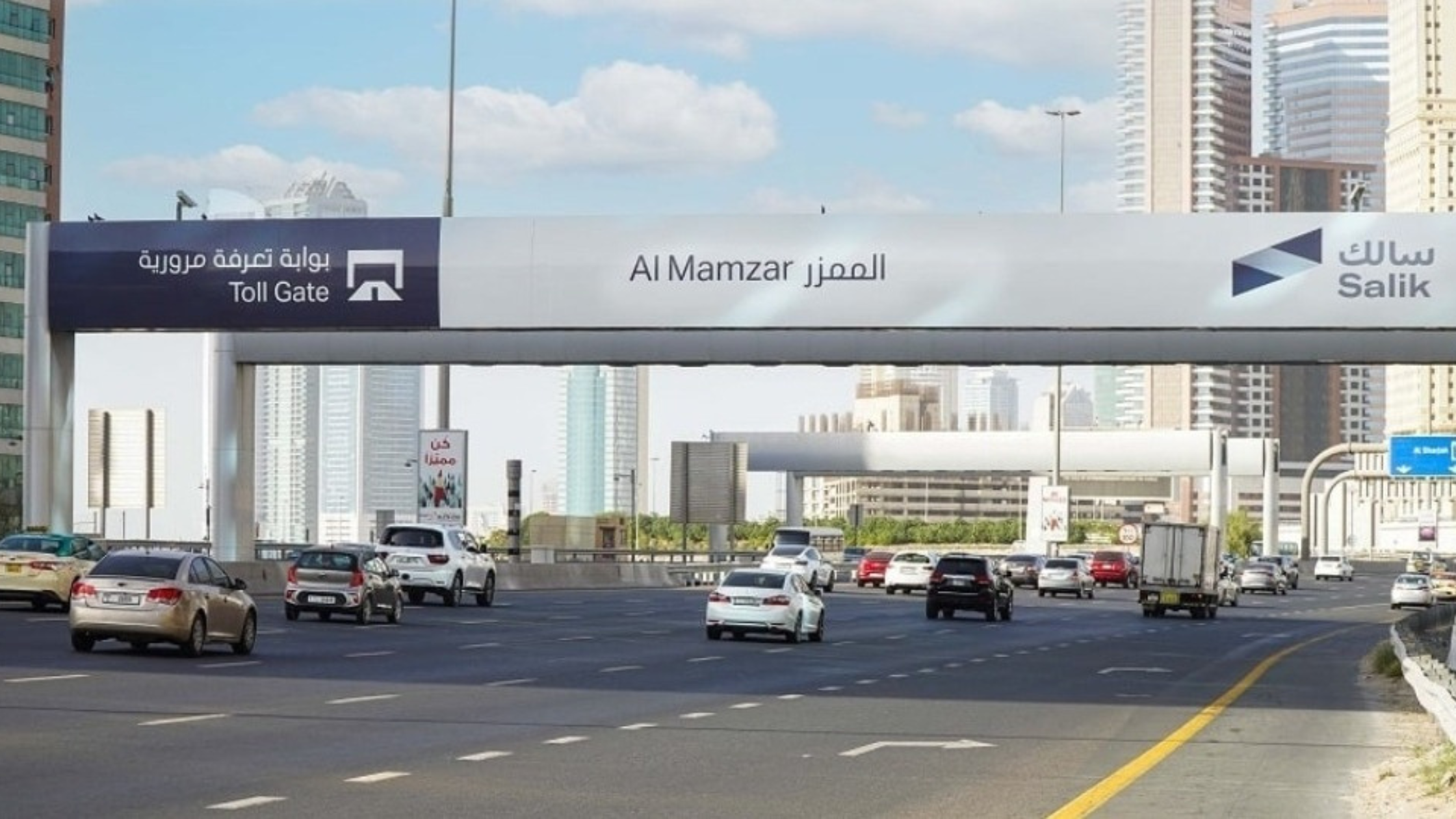

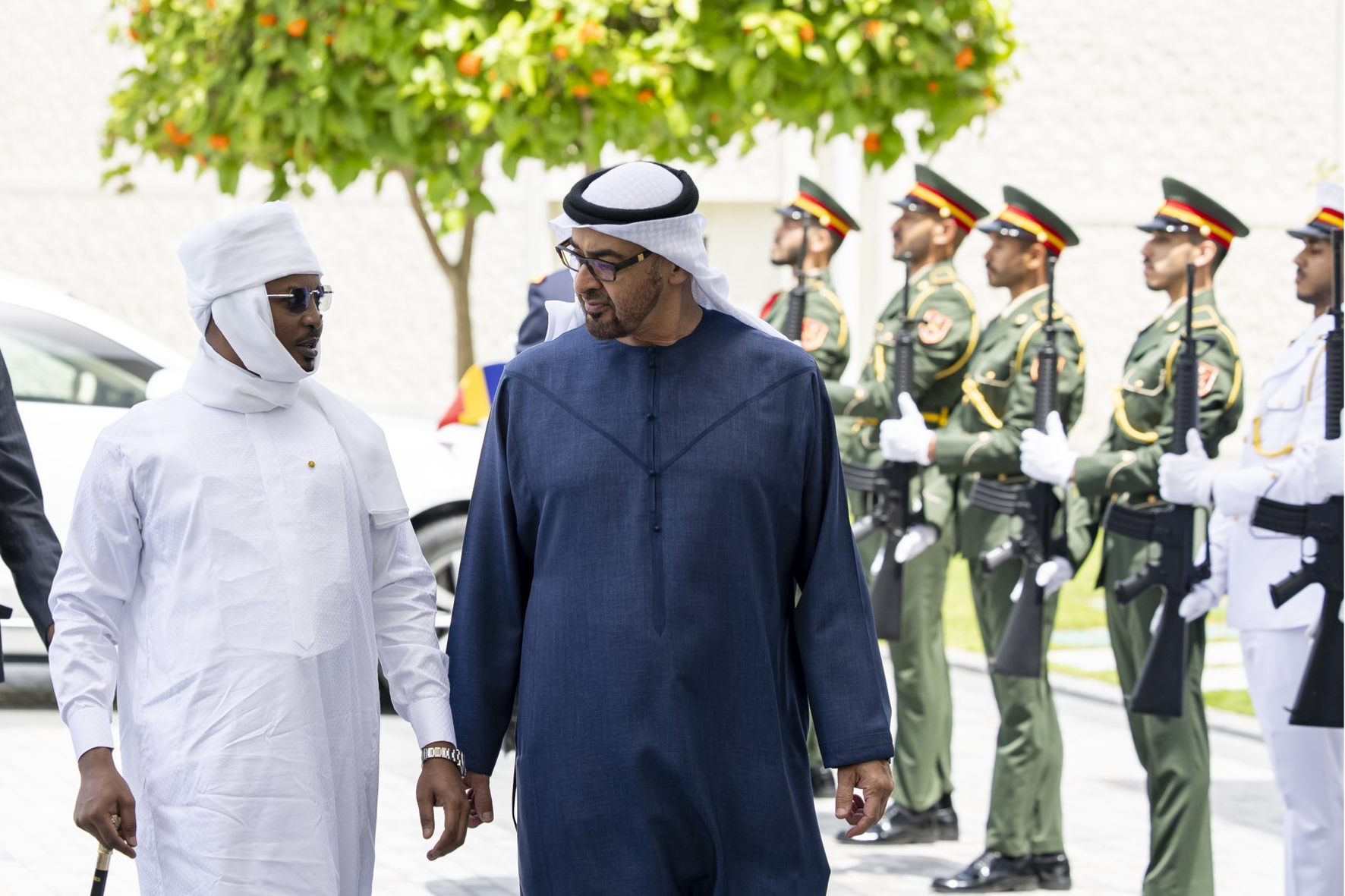

1 Comment
[…] 100mg white viagra s100 […]
Comments are closed.